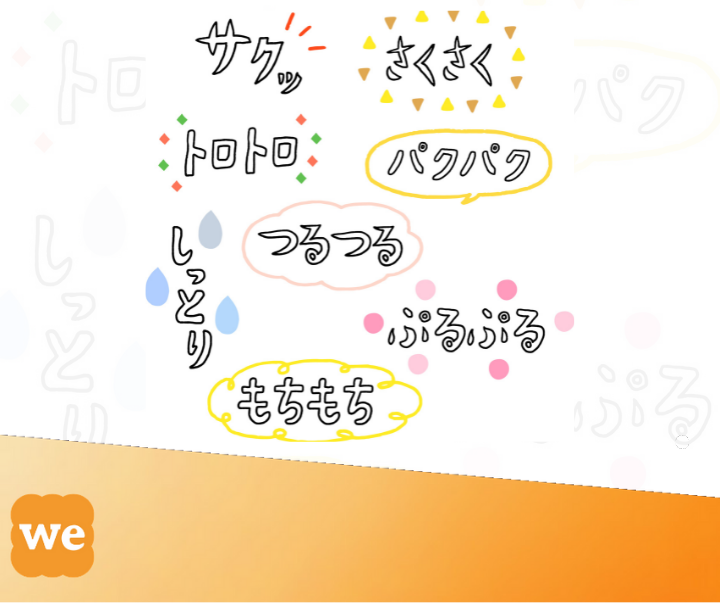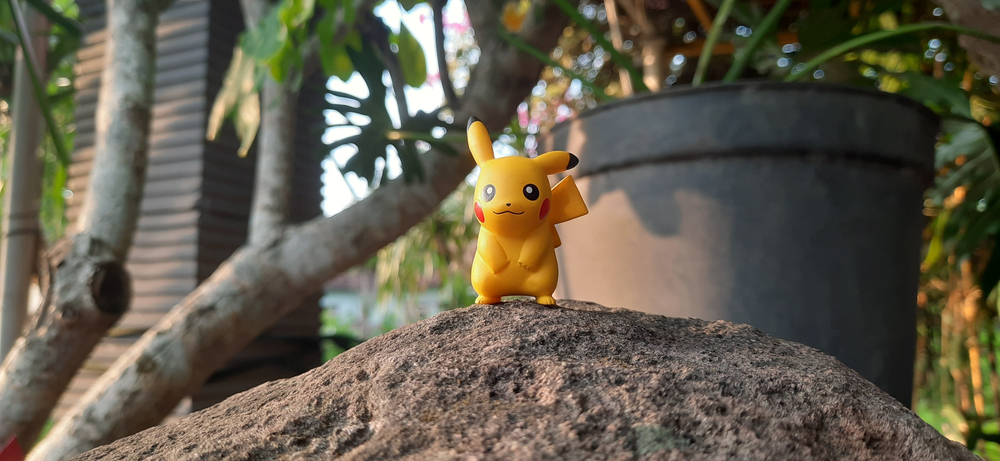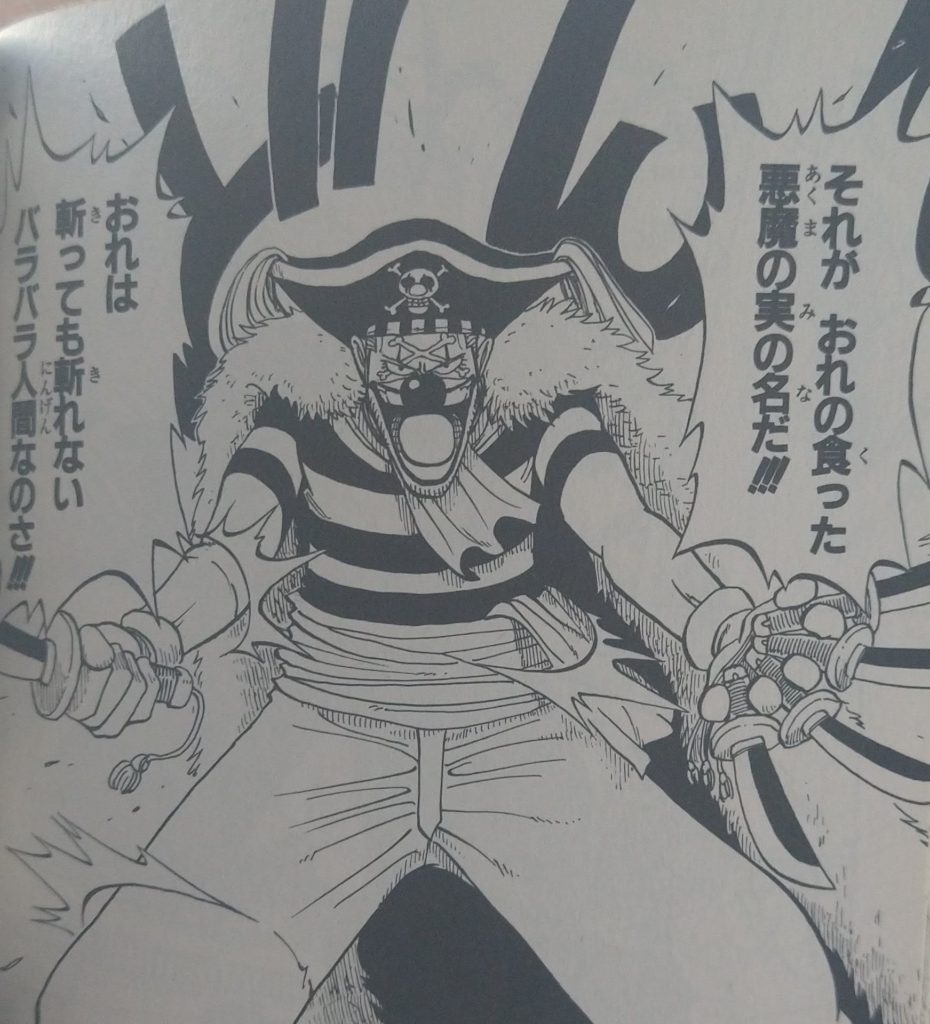
An onomatopoeia is a word created to phonetically imitate the sound it describes. If you are learning the Japanese language you must know that it’s full of onomatopoeias. You can hear these words everywhere, from anime to everyday life in Japan. Then, to learn more about Japanese and be able to speak it fluently, check our list with the 10 most used Japanese onomatopoeias!
What Are Japanese Onomatopoeias?
In Japanese, onomatopoeias describe a lot of nuances to express sounds of animals, nature, objects, feelings, and movement. You can write them both in hiragana and katakana. Keep in mind that the second one is normally used to emphasize sounds, not only for onomatopoeias but for words in general.
In addition, to learn Japanese onomatopoeias, you need to experience the sound or sensation it describes. As a result, being able to use Japanese onomatopoeias means that you can feel the details or more sophisticated expressions.
Different Types of Onomatopoeias: Giseigo and Gitaigo
Firstly, there are two categories of Japanese onomatopoeias: Giseigo and Gitaigo. They both mean "onomatopoeia", but with different nuances. Let's see them:
- Giseigo ・ 擬声語 are words that imitate artificial and natural sounds, any concrete sounds that you can hear. They include animals call sounds, like ワンワン (wan wan, dog's barking), げろげろ (gero gero, frog's croaking), or nature sounds like "raining heavily" = ザーザー (zaa zaa).
- Gitaigo ・ 擬態語 are mimetic words, which express and mimic sensations and emotions. It's not something you can actually "hear". It's more like a mood. For example, ワクワク (waku waku, to be excited), or ドキドキ (doki doki, being in a state of anxiety or emotion, with bated breath).
Why Are Onomatopoeias so Important?
Onomatopoeias are very important in the Japanese language because they’re used really often in everyday life. In fact, the Japanese language has more than 1,000 onomatopoeias! Everyone uses them, from children to adults. However, some of them can’t be translated into other languages, because they describe concepts that can’t be expressed by verbs only. For example, the verb “to laugh”, warau (笑う) in Japanese, uses different onomatopoeias to express its nuances:
kusukusu warau くすくす笑う means “to giggle”, while geragera warau ゲラゲラ笑う it's "to laugh loudly" (with a wide-open mouth!). Furthermore, nikoniko warau にこにこ笑う (or only にこにこ) means "to smile". And there are other nuances to express this verb.
10 of The Most Used Japanese Onomatopoeias
Fuwa fuwa・ふわふわ
Number 1 in our list is fuwa fuwa ふわふわ: this describes a soft feeling, like when you press something and it comes slowly back. This is the sensation that a cushion, a marshmallow, a pancake, a sponge, or even a cloud gives you. However, keep in mind that fuwa fuwa is not the same concept as the adjective yawarakai, やわらかい meaning "soft, tender". That's because yawarakai misses the "slowly comes back after pressing" sensation.
| ふわふわのスポンジケーキ | fuwafuwa no suponji keeki | A soft sponge cake |
Ira ira・イライラ
Second, ira ira イライラ means getting annoyed, frustrated, impatient or nervous. Like when you are kept waiting for a long time and can't do anything about it.
| 「私、今イライラしている。」 | Watashi, ima iraira shiteiru. | I'm getting annoyed right now. |
Pika pika・ピカピカ

Maybe you can guess this one because of the popularity of this character.
The name "Pikachu" surely derives from the Japanese onomatopoeias pika pika! ピカピカ means "to shine, to sparkle". It describes lights, but also something so new or clean that it's shining. Furthermore, the word chuu chuu is added: チューチュー is the squeaking sound of a mouse.
| ピカピカの新車 | pika pika no shinguruma | A shiny brand new car |
| 床をピカピカに磨く。 | Yuka wo pika pika ni migaku | Polish the floor (until it's shining). |
Gocha gocha ・ ごちゃごちゃ
ごちゃごちゃ gocha gocha can refer to a desk, a room or a street, to express the disordered state of it. In addition, it means "to complain, to grumble".
| ごちゃごちゃした通り | Gocha gocha shita doori | A messy street |
| 「まだごちゃごちゃ言ってるのか」 | Mada gocha gocha itterunoka? | Are you still grumbling/complaining? |
Kacha kacha ・ カチャカチャ
Likewise, similar to ごちゃごちゃ is カチャカチャ kacha kacha, but with a specific nuance. In fact, it refers only to the typical sound of typing on a computer keyboard or using a key to open something.
| 「カチャカチャうるさい!」 | Kacha kacha urusai! | Quit making noises! (with the keyboard) |
Mochi mochi ・ モチモチ
モチモチ mochi mochi is another way to express "soft", but with a different nuance compared to fuwa fuwa. Sure enough, like the mochi itself (a Japanese rice cake), it's not only "soft", but also "chewy", with the rubber consistency.
| もちもちしたパン | mochi mochi shita pan | Soft, chewy bread. |
Pera pera ・ ぺらぺら
That's the word you need to use to express the level of Japanese you want to achieve. Indeed, Pera pera means "fluently".
| 彼女の日本語はぺらぺらだ。 | Kanojo no nihongo wa pera pera da. | She speaks Japanese fluently. |
Onomatopoeias From One Piece: Bara bara ・ ばらばら
You probably know this one if you have seen One Piece: Captain Buggy is in fact the "bara bara human", as he always says. But what does that mean?
→ ばらばら bara bara means "scattered". It's when you break something and you divide it into pieces.
| おもちゃをばらばらにする。 | Omocha wo bara bara ni suru. | Break a toy into pieces. |

Japanese Onomatopoeias from the One Piece universe: the バラバラの実 (Bara bara no mi = fruit bara bara) is the Devil fruit which can turn you into the バラバラ人間 (bara bara ningen), the "scattered man".
In the image Buggy says: "Sore ga ore no kutta akuma no mi no na da! Ore wa kittemo kirenai bara bara ningen nanosa!"
"That's the name of the Devil fruit I ate! Even if you cut me, I won't be cut! I'm the bara bara human!"
Goro goro ・ ゴロゴロ
ゴロゴロ goro goro it's both the sound of the thunder, and the one of cats purring.
| 雷がゴロゴロと鳴る。 | Kaminari ga goro goro to naru. | The thunder rumbles. |
| 子猫がゴロゴロ鳴らした。 | Koneko ga goro goro narashita. | The kitten purred. |
Furthermore, Goro Goro can also mean the rumbling of the stomach, or the lazy “rolling around” performed by an idle person at home on the weekend. Originally, in fact, the sound "ゴロ" goro represented the sound of something rolling.
Peko peko ・ ペコペコ
Finally, last of our top 10 list is ペコペコ. Peko peko means "starving", widely used in anime.
| お腹がぺこぺこだ。 | Onaka ga peko peko da. | I'm starving. |
Hope you enjoyed reading this article!
Author: Valeria (graduated at Ca’Foscari University Japanese Studies)


